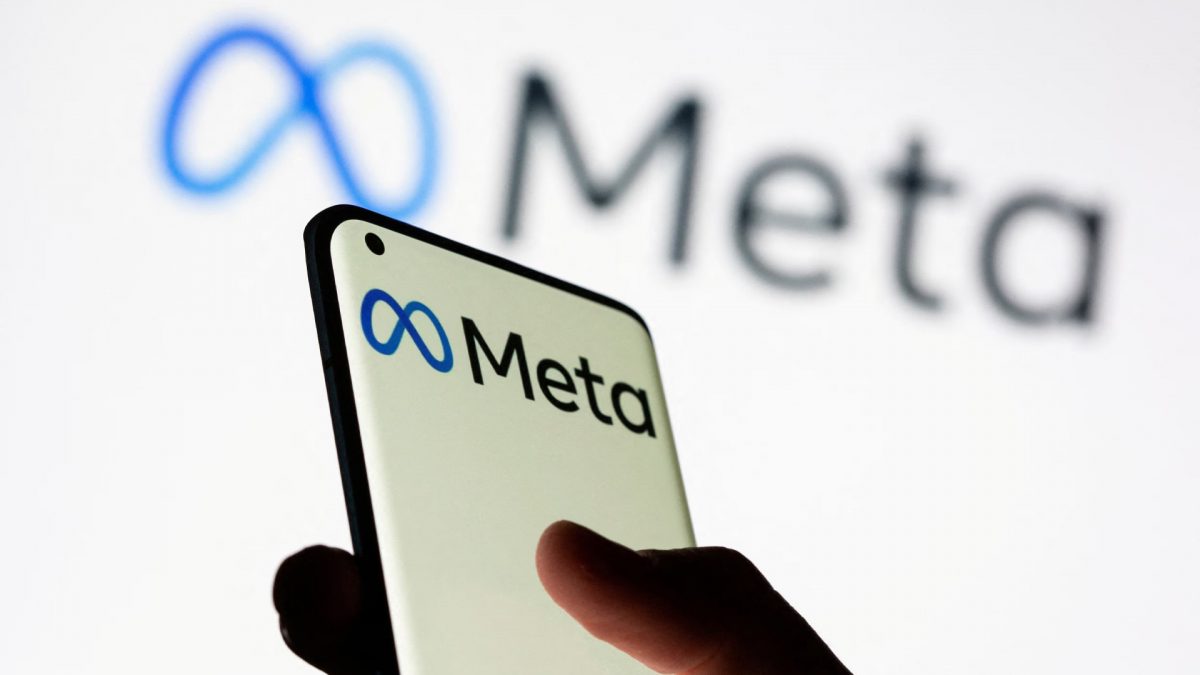South Korean artificial intelligence chip startup FuriosaAI has reportedly rejected a $800 million acquisition offer from US tech giant Meta. It was reported in local media that disagreements over organisation’s structure and future ambitions led to the collapse of the negotiations and not the price.
FuriosaAI is touting itself as a potential competitor to NVIDIA Corporation in the global semiconductor industry. Founded by June Paik, a former employee of Samsung and AMD, FuriosaAI develops chips especially designed to run AI gadgets and programmes faster and more smoothly.
Meta’s AI ambitions
Earlier, reports emerged in February saying that Meta and FuriosaAI were in talks, in the backdrop of the social media giant’s focus on enhancing its AI capabilities and the development of its flagship Llama language AI models.
Like other tech companies developing large language models (LLMs), Meta is working to reduce its dependence on Nvidia for AI chips. Last year, it introduced its own custom AI chips, and in January, the company announced plans to invest up to $65 billion in 2025 to advance its AI initiatives.
CEO Mark Zuckerberg recently announced a $65 billion investment plan for this year, including the construction of a massive data centre and expansion of Meta’s AI workforce.
The Menlo Park-based company has also begun building its own chips for AI workloads, including powering ad ranking and recommendations on Facebook and Instagram.
FuriosaAI looking to raise $48 mn
In a separate development, it was reported that FuriosaAI is looking to raise approximately $48 million this month and the startup has already opened talks with investors.
As of now, FuriosaAI has developed two AI chips, called Warboy and Renegade (RNGD), as it hopes to put up a fight against NVIDIA.
The startup announced that it has completed testing its RNGD chips, which are optimised for reasoning models, in collaboration with LG AI Research and Aramco. LG AI Research is expected to integrate these chips into its AI infrastructure, while the startup plans to officially launch them later this year.


)

)
)
)
)
)
)
)
)



